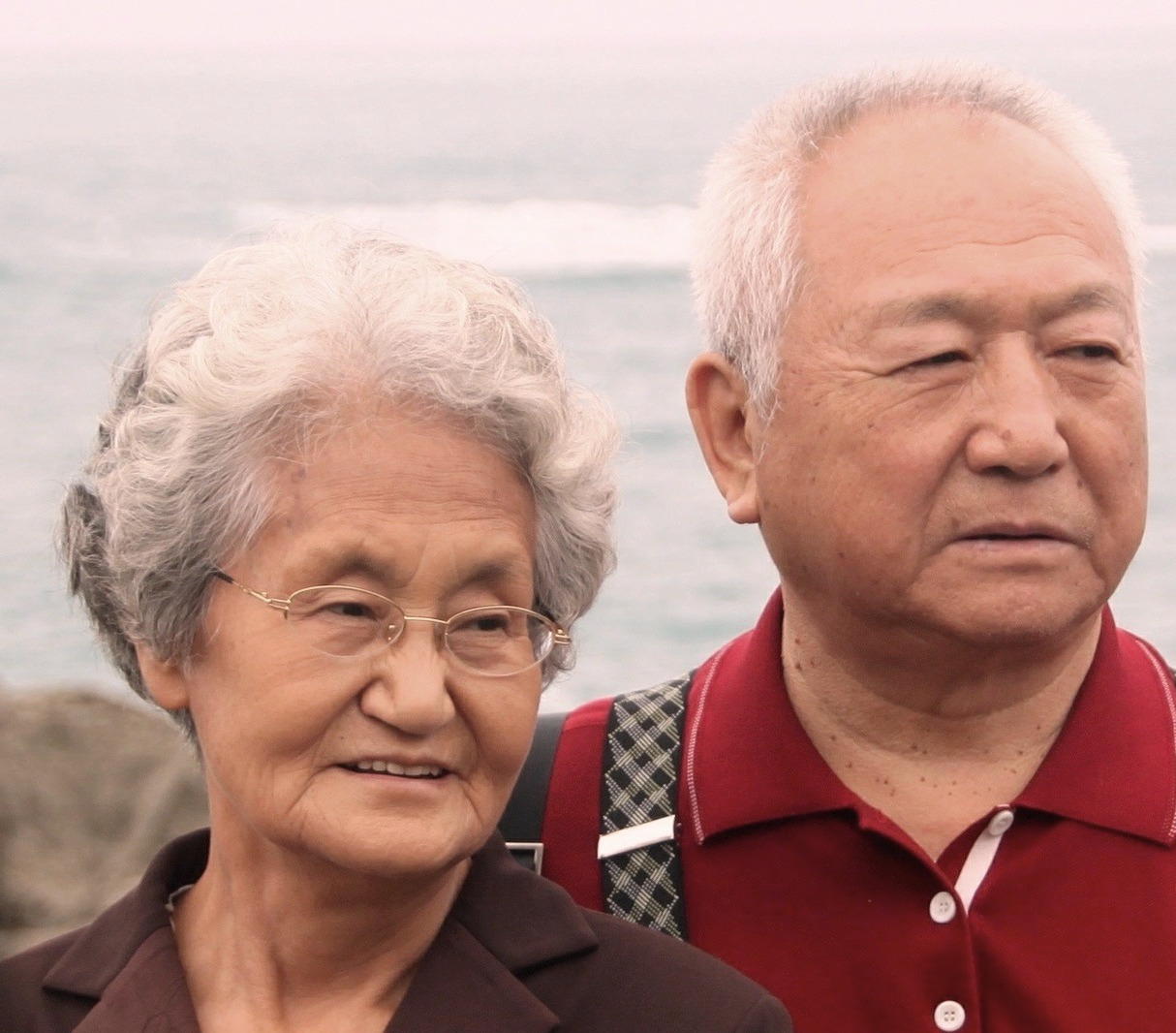-
Advocacy Theme
-
Tags
- Abortion
- Adoption
- Caregiving
- CEDAW
- Disability
- Domestic Violence
- Domestic Workers
- Harassment
- Healthcare
- Housing
- International/Regional Work
- Maintenance
- Media
- Migrant Spouses
- Migrant Workers
- Muslim Law
- National budget
- Parental Leave
- Parenthood
- Polygamy
- Population
- Race and religion
- Sexual Violence
- Sexuality Education
- Single Parents
- Social Support
- Sterilisation
- Women's Charter
Legislate six days of paid eldercare leave
November 20th, 2020 | Letters and op-eds, News, Older People and Caregiving
This letter was originally published in The Straits Times on 20 November 2020.
Family caregivers face difficulty juggling caregiving responsibilities with paid work, due to the high demands of both (Good time to look at legislating parent-care leave, Nov 18). Unsurprisingly, many are forced to quit their jobs or reduce their working hours to cope with caregiving duties.
This was the case for about 67 per cent of the respondents in the Association of Women for Action and Research’s (Aware) 2019 research on the conflict between caregiving and work for female caregivers to the elderly.
Even for those who employ migrant domestic workers to help, Aware’s research shows that family caregivers are still primarily responsible for caregiving tasks. These include care navigation, arranging for medical appointments, speaking to care professionals and managing care costs.
While family caregivers who are working can take time off for caregiving, such leave tends to be unpaid, and is an insufficient solution. Last year, only one in five employers offered paid family care leave.
In Aware’s research, caregivers expressed a fear of being penalised or dismissed from their jobs because too much time off may make them seem less committed to work. Since caregiving leave is mostly unpaid, those who do take it experience a significant loss in income.
Additionally, eligibility for caregiving leave – at least for those in companies that follow the Tripartite Standard on Unpaid Leave for Unexpected Care Needs – is limited to cases where caregiving recipients are hospitalised. But many caregivers tend to those who suffer from chronic illnesses (which can suddenly flare up), and those unable to perform activities of daily living. Caregivers are, thus, often forced to use their annual leave and forgo time off for themselves.
The call to review and potentially legislate parent-care leave for all is the right step forward, especially in view of Singapore’s ageing population and growing workforce. We should legislate six days of paid eldercare leave, like the six days of childcare leave currently available. (Workers caring for both children and the elderly would therefore receive 12 days of paid leave.)
Paid care leave should be available to all workers and should be extended to all primary family caregivers regardless of their relationship to the care recipient. However, to keep business costs low for employers, the leave could be restricted to those living with their care recipients.
Family caregivers should be given the right amount of support in thanks for their dedication to their family and the labour force.
Jasmine Gomez, Project Consultant, Association of Women for Action and Research




